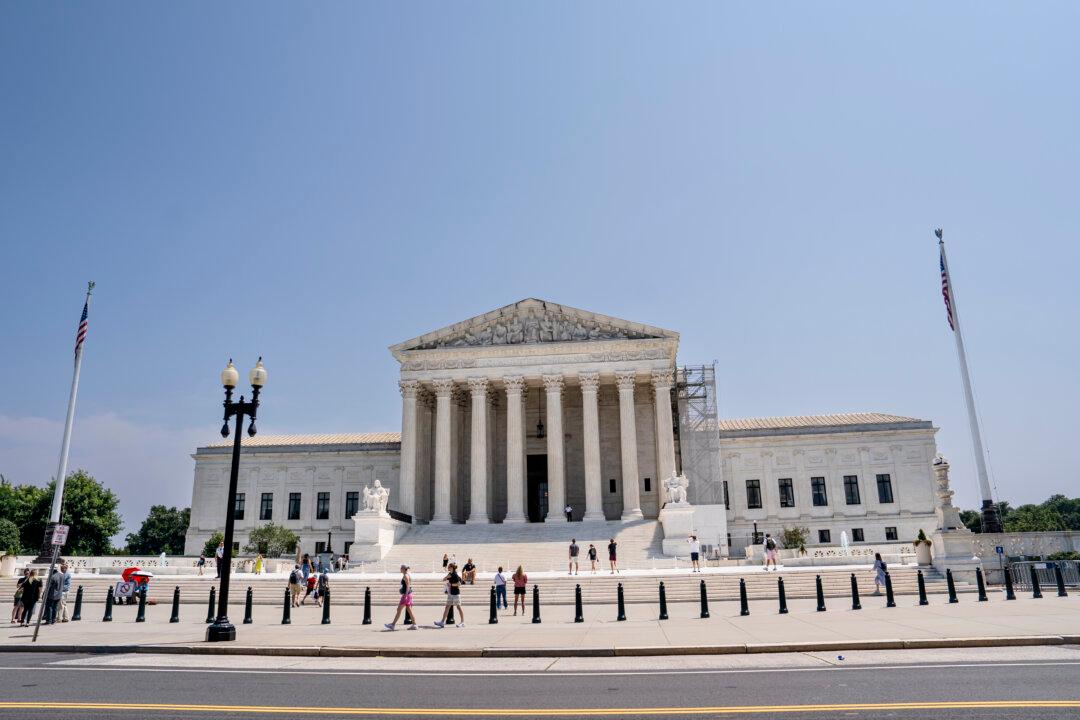Motorists suing Virginia urged the U.S. Supreme Court on Aug. 5 to require the state to pay their attorney’s fees after they met with partial success in a civil rights lawsuit challenging a policy on driver’s license suspensions.
The case centers on a now-repealed Virginia statute that mandated the automatic suspension—without notice or a hearing—of driver’s licenses for people who fail to pay court fines and fees.





